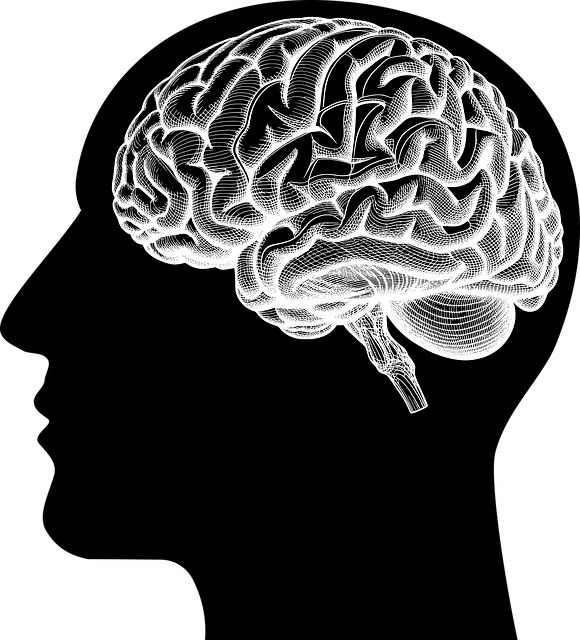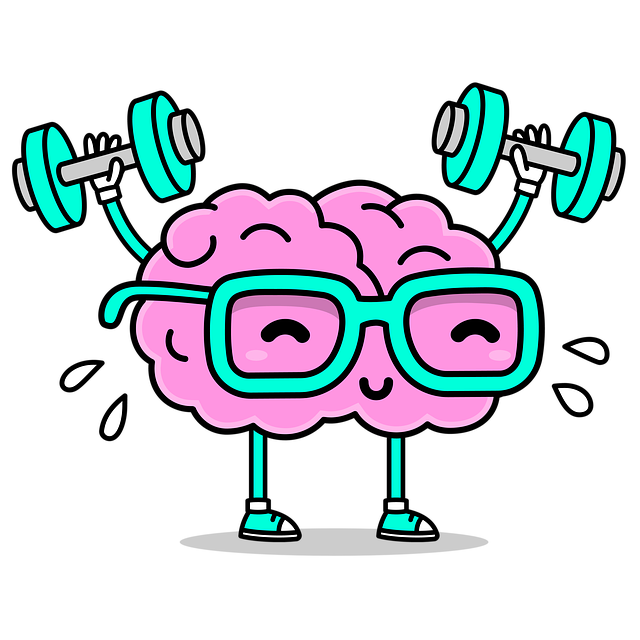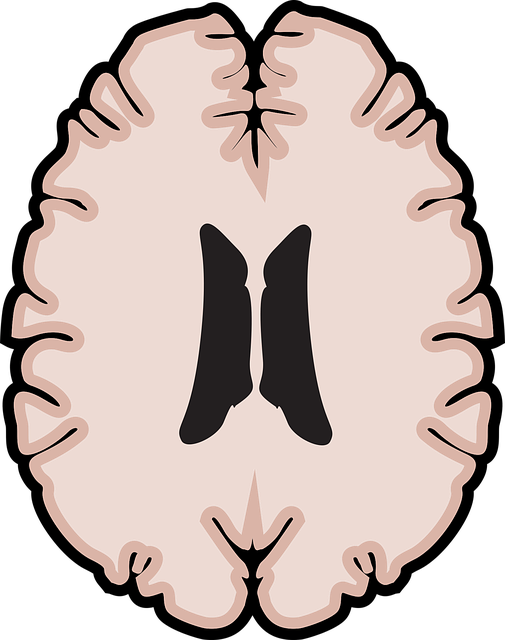In today's stressful world, mental wellness is a top priority, especially in diverse communities like Littleton Mandarin Chinese Speaking Therapy areas. Mental Wellness Self-Assessment tools, incorporating innovative techniques from Mental Health Education Programs Design, empower individuals to take control of their emotional well-being. These assessments facilitate self-discovery, early identification of mental health issues, and prompt support seeking. Integrating diverse therapeutic practices, including Littleton Mandarin Chinese Speaking Therapy, enhances these tools' effectiveness. User-centric assessment platforms tailored to this demographic prioritize comfort, confidentiality, and intuitive interfaces with personalized questions, improving access to care and outcomes. Integration of Trauma Support Services, Self-Care Practices, and community outreach programs bridges cultural gaps and encourages open dialogue about mental wellness.
In today’s fast-paced world, mental wellness self-assessment tools are more crucial than ever. This article explores their development, focusing on the unique role of Littleton Mandarin Chinese Speaking Therapy in creating effective, user-centric platforms. We delve into the significance of these assessments in modern times and how they can foster better mental health awareness among diverse communities, particularly those with limited access to traditional therapy, such as speakers of Mandarin Chinese.
- Understanding Mental Wellness Self-Assessment: A Necessity in Modern Times
- The Role of Littleton Mandarin Chinese Speaking Therapy in Creating Effective Tools
- Designing and Implementing User-Centric Mental Health Assessment Platforms
Understanding Mental Wellness Self-Assessment: A Necessity in Modern Times

In today’s fast-paced and often stressful world, understanding mental wellness is more crucial than ever. Mental Wellness Self-Assessment tools play a pivotal role in empowering individuals to take charge of their emotional well-being. These assessments serve as a gateway to self-discovery, allowing people to gain insights into their mental health status, identify potential issues early on, and seek appropriate support when needed. With the increasing emphasis on holistic well-being, especially within diverse communities like Littleton Mandarin Chinese Speaking Therapy areas, such tools have become essential for promoting emotional intelligence and fostering healthy minds.
The development of robust self-assessment frameworks is not merely a trend but a necessity driven by growing awareness of mental health issues across various demographics. By incorporating innovative techniques, like those used in Mental Health Education Programs Design, these assessments can enhance Emotional Well-being Promotion Techniques. They provide a personalized approach to understanding complex emotions, offering valuable data for individuals seeking growth and improvement, or even those facing significant challenges.
The Role of Littleton Mandarin Chinese Speaking Therapy in Creating Effective Tools

The development of effective mental wellness self-assessment tools is greatly enhanced by incorporating the expertise and insights from diverse therapeutic practices. One such valuable contribution comes from Littleton Mandarin Chinese Speaking Therapy, which offers a unique perspective on promoting emotional well-being. This therapy focuses not only on verbal communication but also integrates cultural elements and mindfulness techniques. By combining these aspects, it fosters better self-awareness and emotional regulation skills.
The therapists trained in this approach utilize Compassion Cultivation Practices and Crisis Intervention Guidance to create tools that cater to the specific needs of individuals who may struggle with language barriers or have diverse cultural backgrounds. Through this holistic method, users can gain valuable insights into their mental state, fostering a deeper connection between mind and body. Such culturally sensitive practices ensure that self-assessment tools are inclusive and effective for a broader range of people.
Designing and Implementing User-Centric Mental Health Assessment Platforms

Designing user-centric mental health assessment platforms is a crucial step in enhancing access to care and improving outcomes for individuals seeking support for their mental wellness, especially within diverse communities like Littleton Mandarin Chinese speaking populations. These platforms should be tailored to meet the unique needs and cultural considerations of this demographic, ensuring comfort and confidentiality. Incorporating intuitive interfaces and personalized questions can help users feel more at ease while providing accurate assessments.
By prioritizing user experience, these digital tools can offer valuable insights into mental health status, potentially identifying symptoms associated with conditions such as anxiety or depression. Furthermore, integrating features that facilitate Trauma Support Services and promoting Self-Care Practices tailored to individual needs can be transformative. The Community Outreach Program Implementation within these platforms should aim to bridge cultural gaps, foster trust, and encourage open dialogue about mental wellness, ultimately revolutionizing how this community accesses and engages with mental health resources.
Mental wellness self-assessment tools have become increasingly vital in modern times, especially with the growing emphasis on mental health awareness. By incorporating strategies like those offered by Littleton Mandarin Chinese Speaking Therapy, these tools can be tailored to diverse populations, ensuring cultural sensitivity and effectiveness. User-centric design approaches, focusing on accessibility and individual needs, are key to creating successful platforms that encourage self-assessment and support overall mental wellness.











